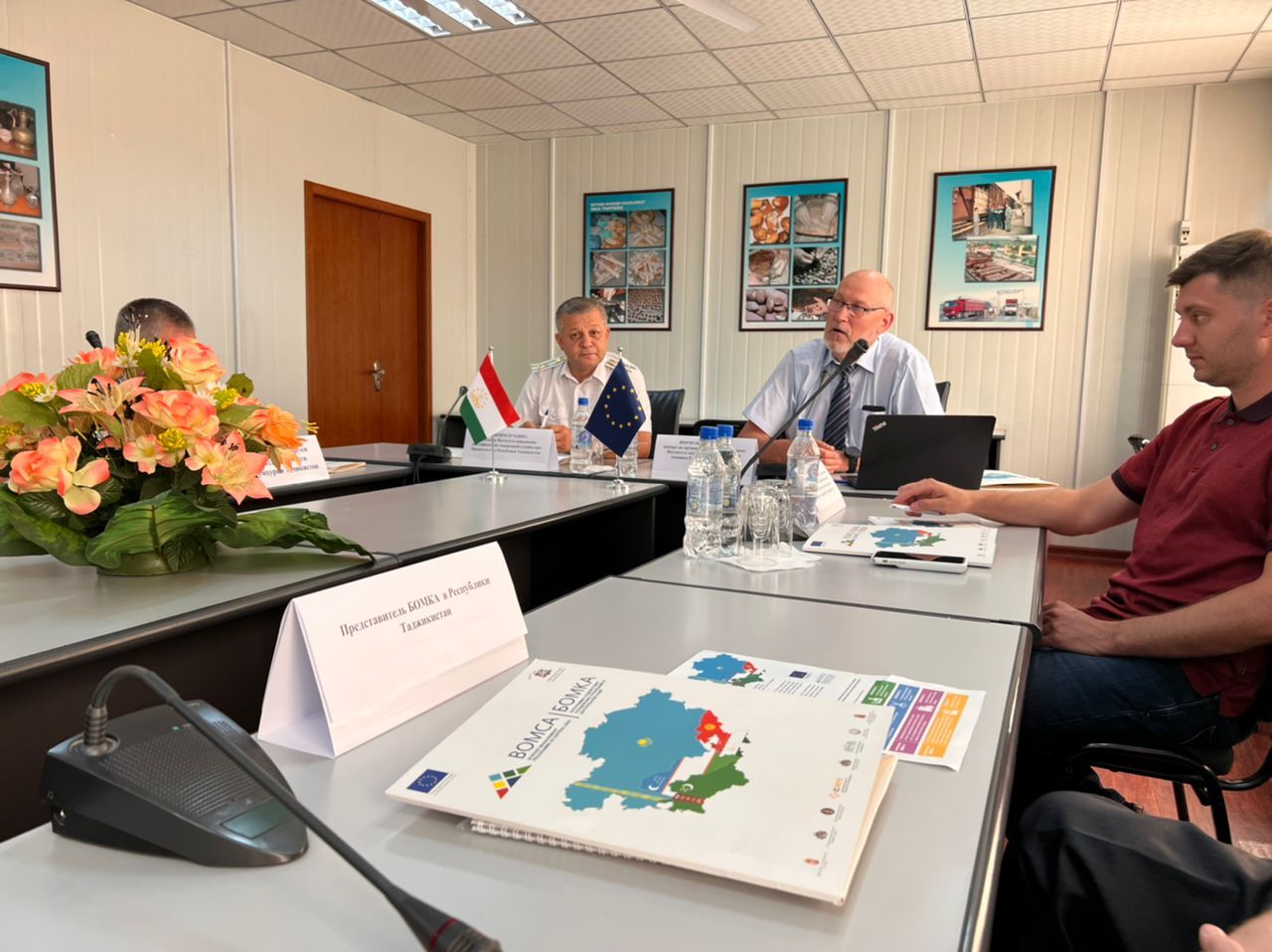From 29 to 30 June, the Border Management Programme in Central Asia organised a technical assistance mission to Dushanbe on the development and implementation of a distance learning concept and equipping the training facilities of the Customs Administration of Tajikistan. The European expert team was represented by an expert on information technologies, the Head of the Information Technology Department of Riga Business School and an expert on organization of training, the Professor of the International Business and Customs Institute of Riga Technical University.
This mission was aimed at developing recommendations to assist the Customs Administration of Tajikistan with the implementation of a distance learning approach, including the preparation of a description of technical solutions for introducing distance and e-learning tools and elaboration of technical specifications for purchasing appropriate technical equipment.
Today, the distance learning concept provides a sustainable and modern IT technology-based approach to the training of officials and can strengthen the Customs Administration’s institutional capacity in the development of modern teaching and learning initiatives. In order to implement an IT technology-based learning approach, there is a need to create an appropriate infrastructure, purchase and install technical equipment, and train the trainers to use distance learning instruments.
With this objective, the expert team introduced the best European practices on the implementation and development of methods and technological possibilities of the distance learning approach in the training process and have analysed the existing training system, methods for the use of digital technologies and infrastructure and advanced training of employees of the Tajik Customs Administration. Follow up stages of this activity will be further supported and implemented between 2022 and 2023.

